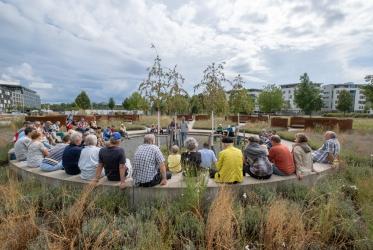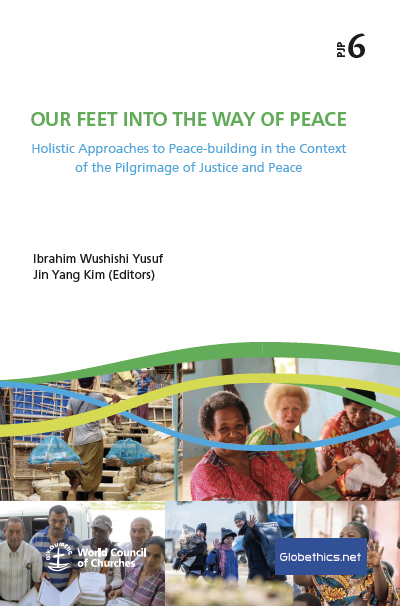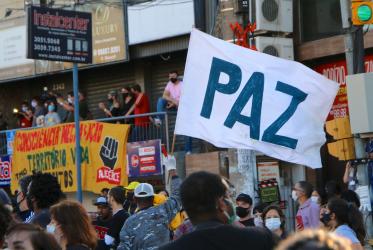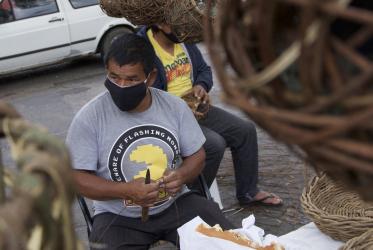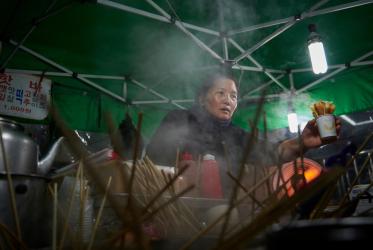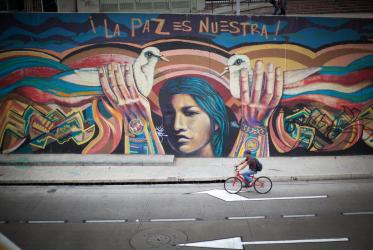Displaying 1 - 20 of 62
15 September 2022
Our Feet into the Way of Peace: PJP Series 6
Holistic Approaches to Peace-building in the Context of the Pilgrimage of Justice and Peace
19 August 2022
WCC publishes two new Bible studies penned by authors from Colombia
24 February 2020
WCC pulls accompaniers from Hebron due to security concerns
29 January 2019
WCC urges protection of Colombian peacemakers
19 July 2018
